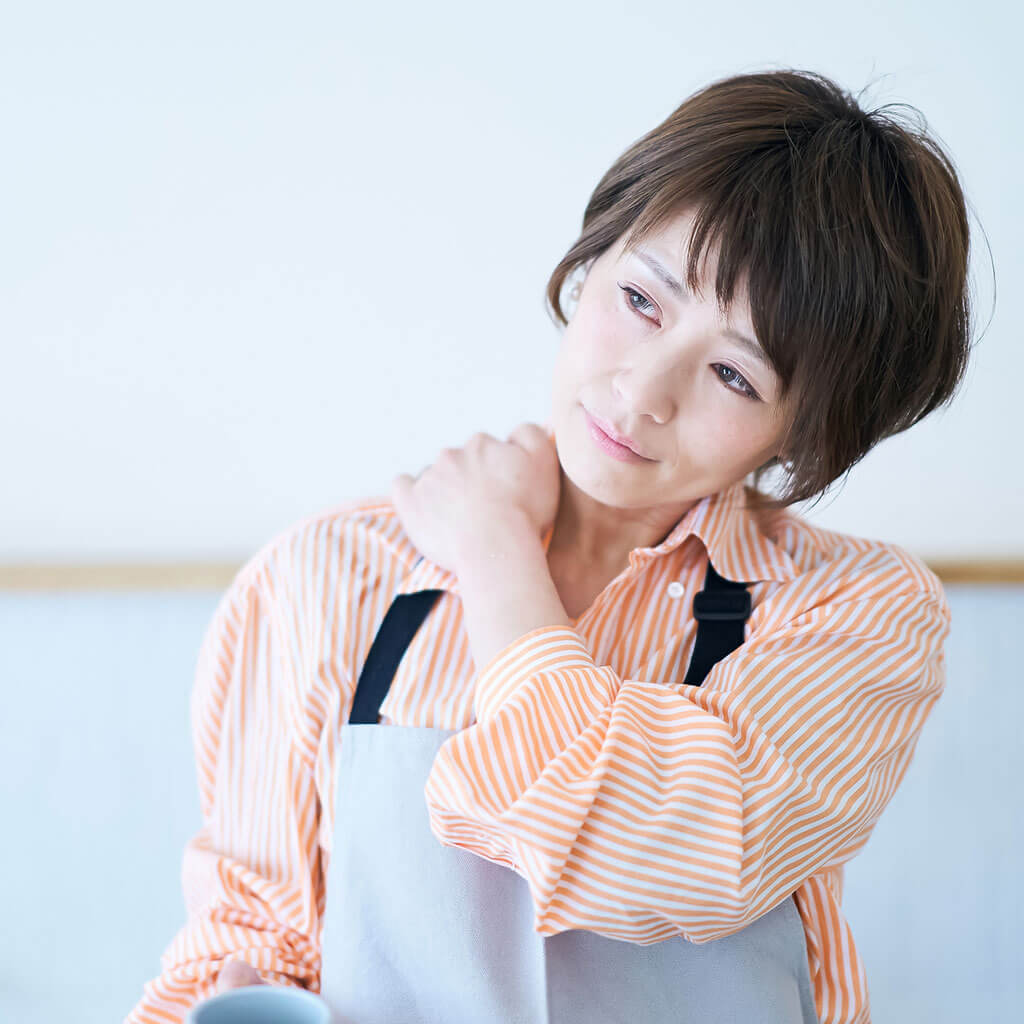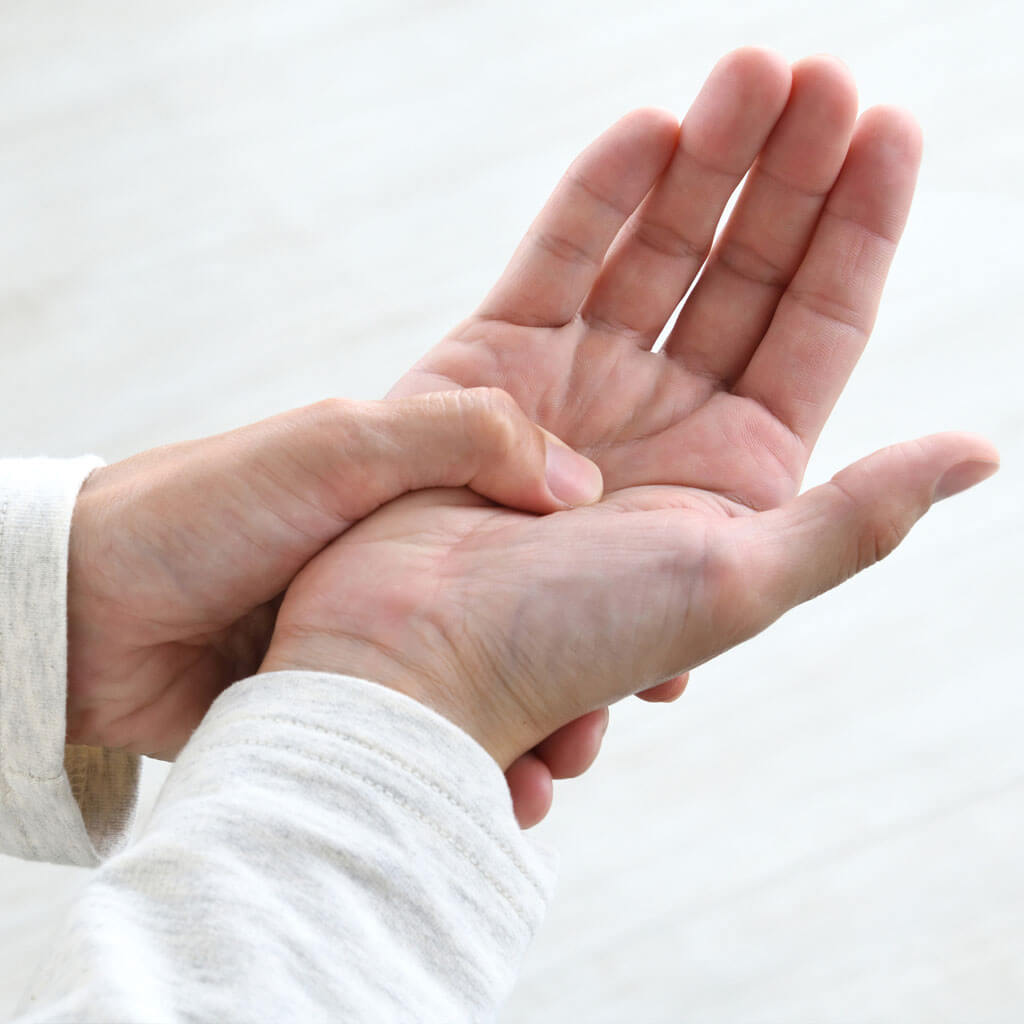Menopausal joint pathology

During menopause the level of the hormone oestrogen drops in the body. Oestrogen is responsible for bone strength as it plays an important role in the growth and maturation of bone as well as regulates bone turnover. Oestrogen also has a protective role in reducing inflammation of joints and promotion of healthy articular cartilage. There are studies to suggest that depleted oestrogen may directly affect cartilage function or increase susceptibility for osteoarthritis to occur. Bone turnover increases along with bone resorption, which leads to osteoporosis. During this period, women present with stiff and painful joints and hence find it harder to build and maintain muscle. Stiffness is usually present first thing in the morning and improves as the day progresses. Hands, wrists, shoulders, hips and knees are commonly affected but no joint is immune.
During this time core strength may also be weak due to reduced exercise, along with weak pelvic floor muscles. As the spine, pelvis and hip joint work synergistically, it is not unusual to feel pain in one of these joints, due to dysfunction around another. Hence patients presenting with pain in one of these joints requires assessment of the associated joints and treatment may be required to an area away from the painful location.
Miss Tross has a keen interest in hip and knee pain in perimenopausal women. She works with dedicated physiotherapists, dieticians and cognitive behavioural specialists to explore non-surgical solutions for these women where possible, prior to consideration of surgical intervention.

Contact For Appointments
Please contact our joint replacement clinic to further discuss hip replacement surgery in London.